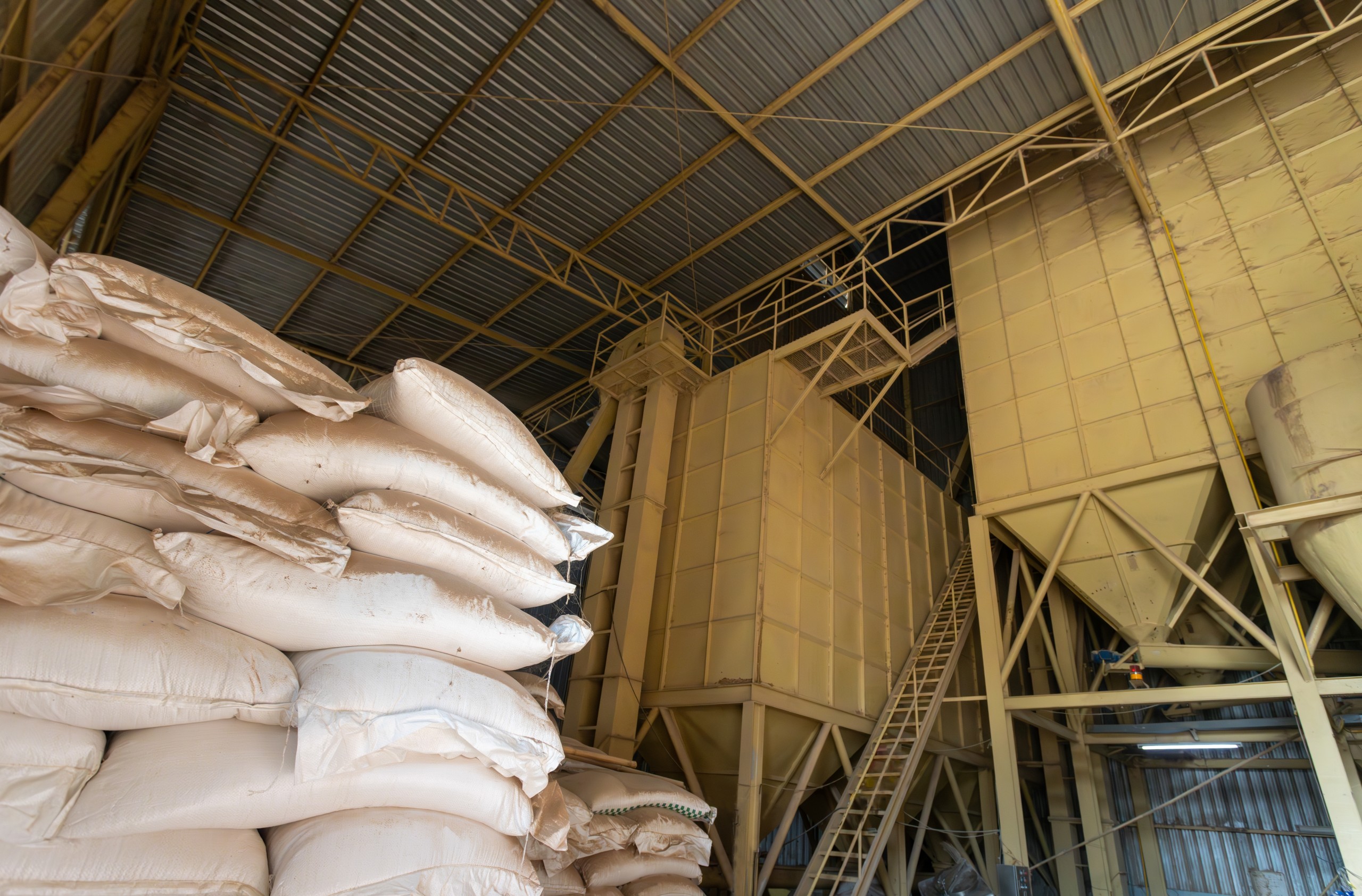
Batching in Feed Milling
Batching is a critical process in feed manufacturing, involving the accurate weighing of ingredients before mixing. Its importance extends beyond nutrition, impacting regulatory compliance, logistics, and overall efficiency. Ensuring correct ingredient proportions is vital for animal health and meeting legal standards related to medications and food safety. The primary goals of batching are accuracy and speed. While conceptually simple, errors in weighing can lead to nutritional imbalances, while process inefficiencies can hinder production. Factors like ingredient type, availability, and desired feed outcomes influence the choice of batching process, such as pre-grind or post-grind systems.
Scaling, the core of batching, involves collecting and weighing ingredients. Both manual and automated systems exist, with the latter offering advantages in speed, accuracy, and record-keeping. Ingredient characteristics and equipment design significantly impact batching performance. Ultimately, a well-controlled batching process is essential for producing high-quality feed efficiently.
Instructor Bios

Dr. Adam Fahrenholz, Associate Professor
Prestage Department of Poultry Science, North Carolina State University
Dr. Adam Fahrenholz is an Associate Professor and coordinator of the Feed Milling Program in
the Prestage Department of Poultry Science at North Carolina State University. His focus is in
the areas of feed manufacturing technology, regulatory compliance, and feed manufacturing
process management. He teaches courses on feed milling technology, quality assurance, and
facility and process management, and also oversees the operation of NC State’s Feed Mill
Education Unit. Dr. Fahrenholz serves as an industry consultant and coordinates an extension
program focusing on industry education, the provision of resources for developing programs
associated with regulatory compliance, and addressing continuous quality and process
improvement in feed manufacturing facilities.

